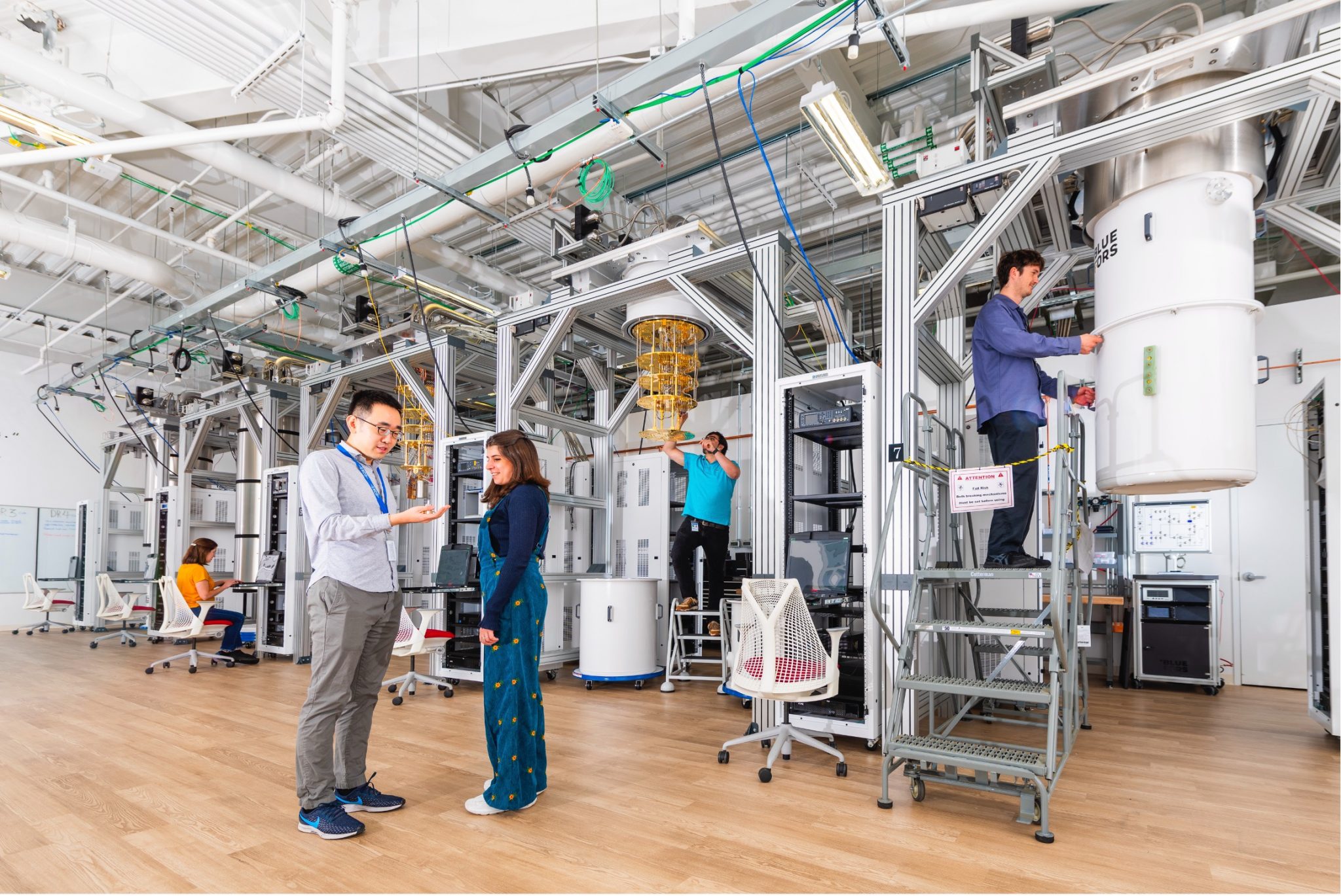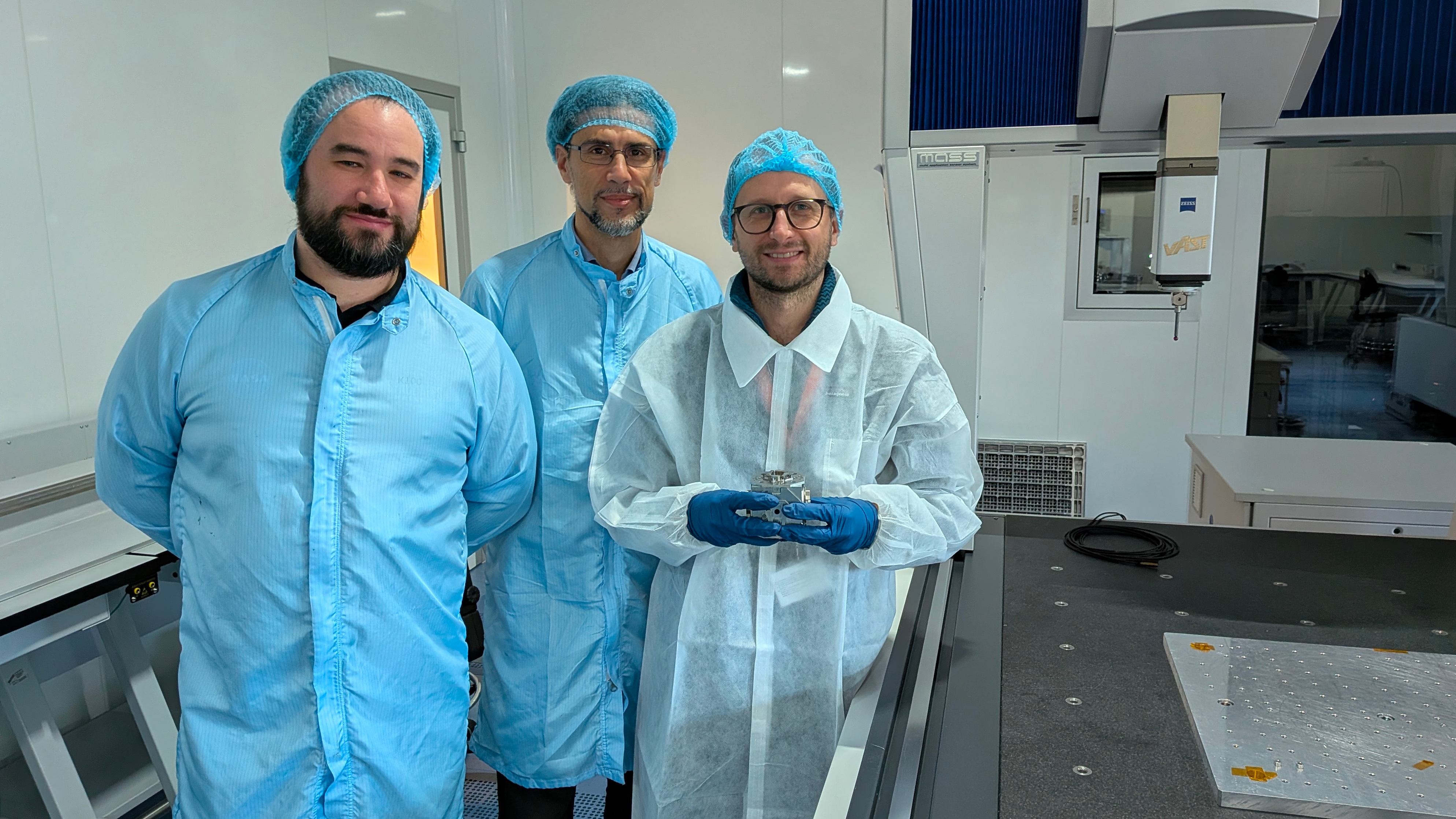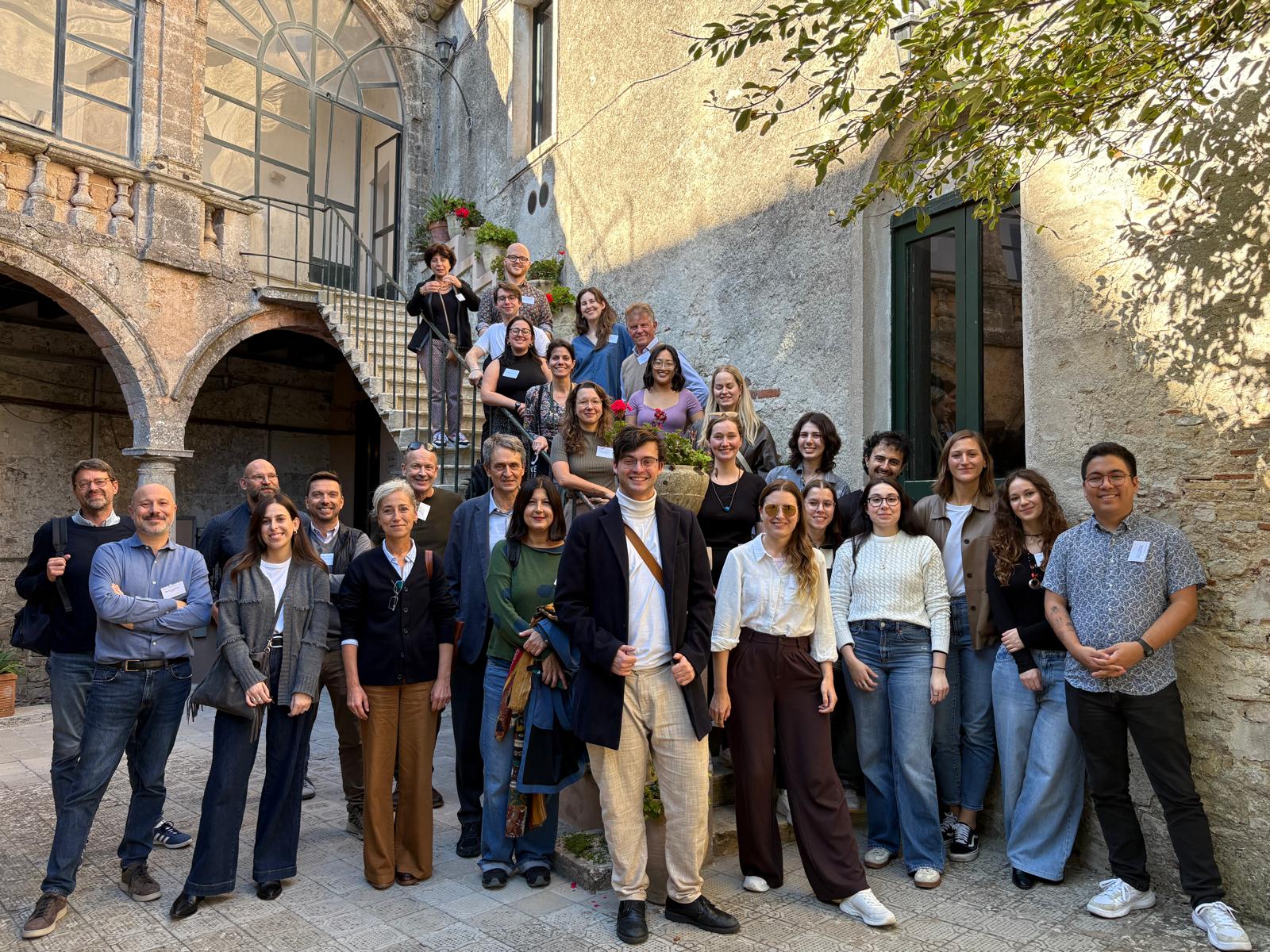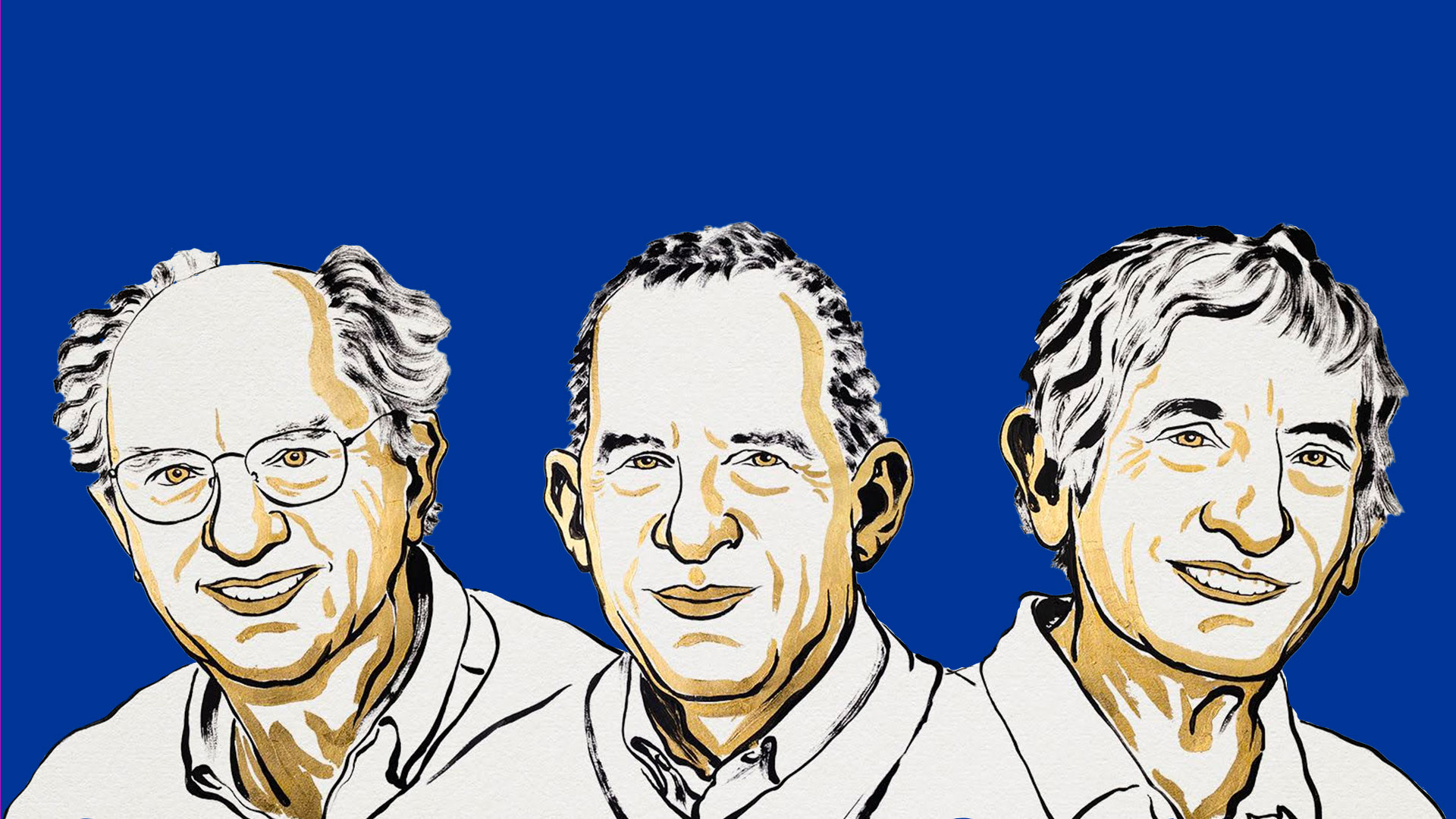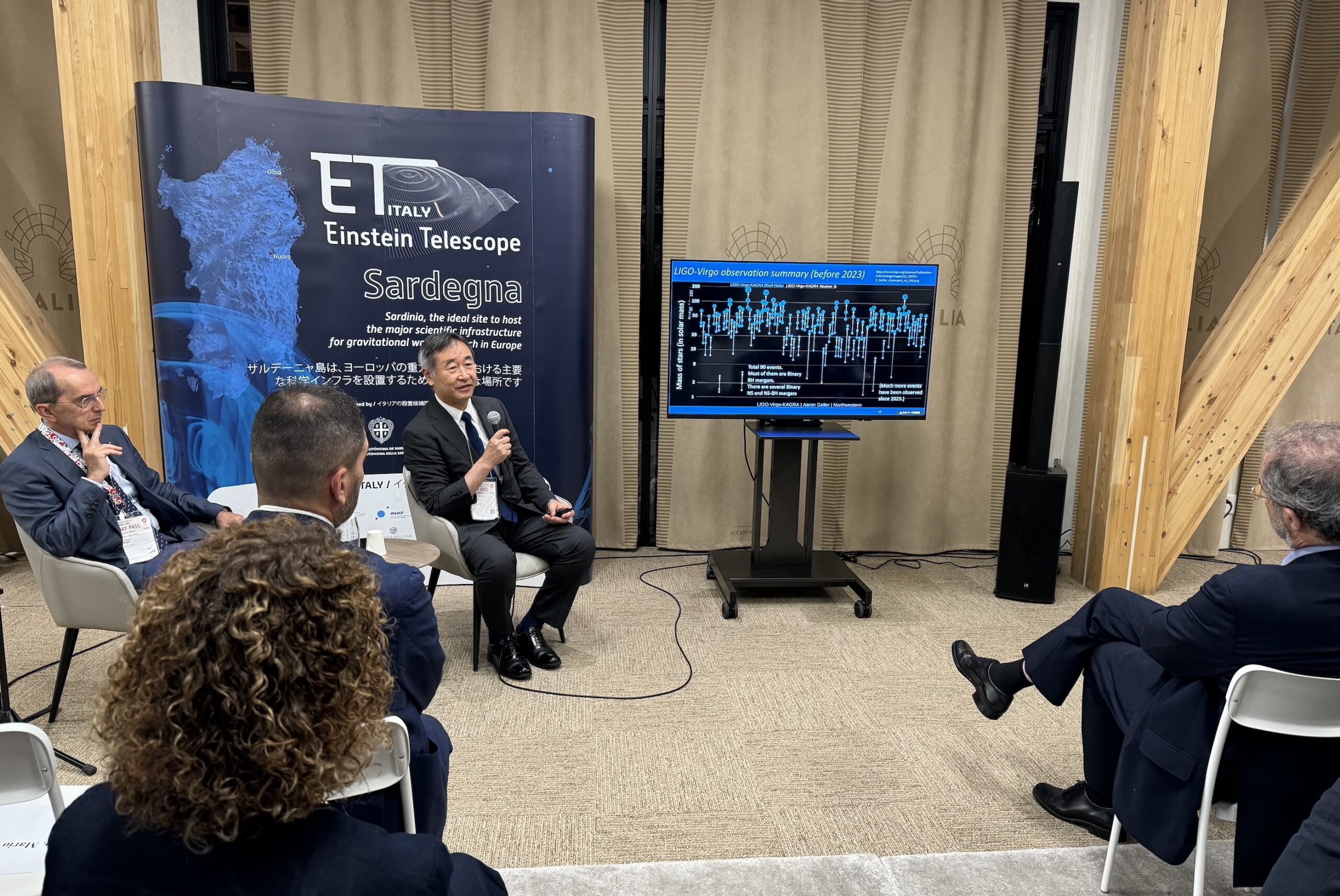It concluded last Saturday, June 28, the week dedicated to Sardinia Region of the Italian Pavilion at EXPO2025 Osaka, in which the future gravitational wave detector Einstein Telescope (ET), which Italy his a candidate to host precisely in Sardinia, took a leading role. In particular, there were three events involving the ET project and INFN, which is one of its main scientific promoters at the international level: one on the theme of Sardinia as a territory of science, one on the Italy-Japan scientific collaboration for gravitational wave research that saw the participation of Japanese Nobel laureate Takaaki Kajita, and one, organised by MIMIT, in which the economic aspects and business opportunities related to the ET project were discussed.
“Italy and Sardinia in particular is a strong and serious candidate to host important projects such as Einstein Telescope”, said Mario Vattani, Italy’s Commissioner General for Expo2025 Osaka. “Expo2025 Osaka is the perfect stage to update, in an integrated way, the image of our country in the world. The Italian Pavilion is a hub for science diplomacy, as demonstrated by the many experts attending our panels, including Nobel Prize-winning physicist Takaaki Kajita”.
“This important occasion strengthens our collaboration with INFN for an ambitious project like Einstein Telescope, for which Sardinia Region has already invested about 500 million euros”, said Giuseppe Meloni, Vice President of the Sardinia Region. “The Sos Enattos site has unique features that make it ideal for hosting such a project, adding to existing infrastructure: the ARIA facility and the Sardinia Radio Telescope. For us, investing in technology means attracting talent, creating jobs, and strengthening our communities”.
Aiming to promote Sardinia’s already thriving scientific ecosystem and present it to an international audience, Sardinia Region, in collaboration with INFN, organised the event Sardinia. A Territory of Science, held on June 25 in the Italian Pavilion’s Auditorium, and featuring two roundtables: the first, focused on Italy’s candidacy to host ET and the fruitful research partnerships between Italy – particularly Sardinia – and Japan, included contributions from Michele Punturo, researcher at INFN Perugia division and coordinator of ET scientific collaboration, Monique Bossi, infrastructure manager of INFN’s ETIC project funded with PNRR funds from the Ministry of University and Research, Alberto Masoni researcher at INFN Cagliari division, and Takayuki Tomaru, director of the Gravitational Wave Science Project; the second offered an overview of existing research projects in Sardinia, such as the ARIA experiment, aimed at distilling argon-40 (a key chemical element for dark matter research, in particular in the experiment DarkSide at INFN’s Gran Sasso Laboratories), introduced by Alessandro Cardini, director of INFN Cagliari division, and the Sardinia Radio Telescope, one of the most important radio telescopes in Europe, presented by Federica Govoni, director of Cagliari Astronomical Observatory of the National Institute of Astrophysics (INAF). At the beginning of this second session, Andrea Contu, researcher at INFN Cagliari division and scientific manager of ET Sardinia, presented the characteristics of the Sardinian site – from low seismicity and minimal anthropogenic noise, to the capacity to attract global scientific partners – that make it the ideal candidate to host Einstein Telescope. Even Arthur McDonald, Nobel Prize winner in Physics in 2015 and strongly involved in the ARIA project, echoed this sentiment in a speech recorded for the occasion, insisting on the suitability of the Sardinian site, and offering his support for the Italian candidacy also in light of the outstanding quality of its research, which he experienced firsthand.
“INFN’s participation in Expo2025 Osaka has been a valuable opportunity to present, on a very high-level international stage, Sardinia’s candidacy to host Einstein Telescope, and two other important research projects underway in Sardinia: ARIA and the Sardinia Radio Telescope”, emphasised Alessandro Cardini, director of INFN Cagliari division. “The events we attended, enriched by the presence of Nobel laureate Takaaki Kajita, also highlighted the strength of the scientific collaboration between Sardinia, Italy and Japan, which is of strategic importance, particularly in gravitational wave research”, Cardini concluded.
Staying with the Nobel theme, on June 26, the VIP Room of the Italian Pavilion hosted Nobel physics laureate Takaaki Kajita, along with Takayuki Tomaru, Michele Punturo and Helios Vocca, professor of experimental physics at the University of Perugia and INFN associate. The event, titled Italy and Japan in the worldwide Gravitational Wave Network LIGO-VIRGO-KAGRA and Einstein Telescope, allowed the speakers to explore the present and future challenges in gravitational wave research and the synergies between Italy and Japan in this field. Kajita, in particular, focused on the contribution of the experience and technologies of KAGRA, the interferometer of the Institute for Cosmic Ray Research at the University of Tokyo, to Einstein Telescope.
“I am very happy to have participated in the event hosted by the Italian Pavilion at Expo2025 Osaka on scientific cooperation between Italy and Japan in the field of gravitational waves, because I believe the collaboration between our two countries is very important”, commented the Nobel Laureate Takaaki Kajita in a post-event interview. “One of the candidate sites for Einstein Telescope is Sardinia, which we understand to be an excellent location for building an underground gravitational wave interferometer due to its very low seismic activity and minimal underground water. I therefore believe Sardinia is a truly excellent candidate site for Einstein Telescope”, Kajita concluded.
And speaking of synergies, this time industrial rather than scientific, they were the focus of the afternoon meeting, organised by Sardinia Region in collaboration with the Ministry of Made in Italy (MIMIT), and aimed in particular at Japanese companies potentially interested in investing in Sardinia. Einstein Telescope offers many opportunities in this regard, as illustrated by speakers Alessandro Cardini, Alberto Masoni, Takayuki Tomaru and Michele Punturo.
With Einstein Telescope, Italy is investing not only in studying the universe and opening new frontiers of research. With Einstein Telescope, Italy is investing in its territory, its growth and the enhancement of its resources. It aggregates new ones, nurtures them, weaves networks that go overseas, and makes a positive impact on everyday life and society as a whole.
